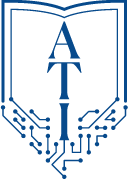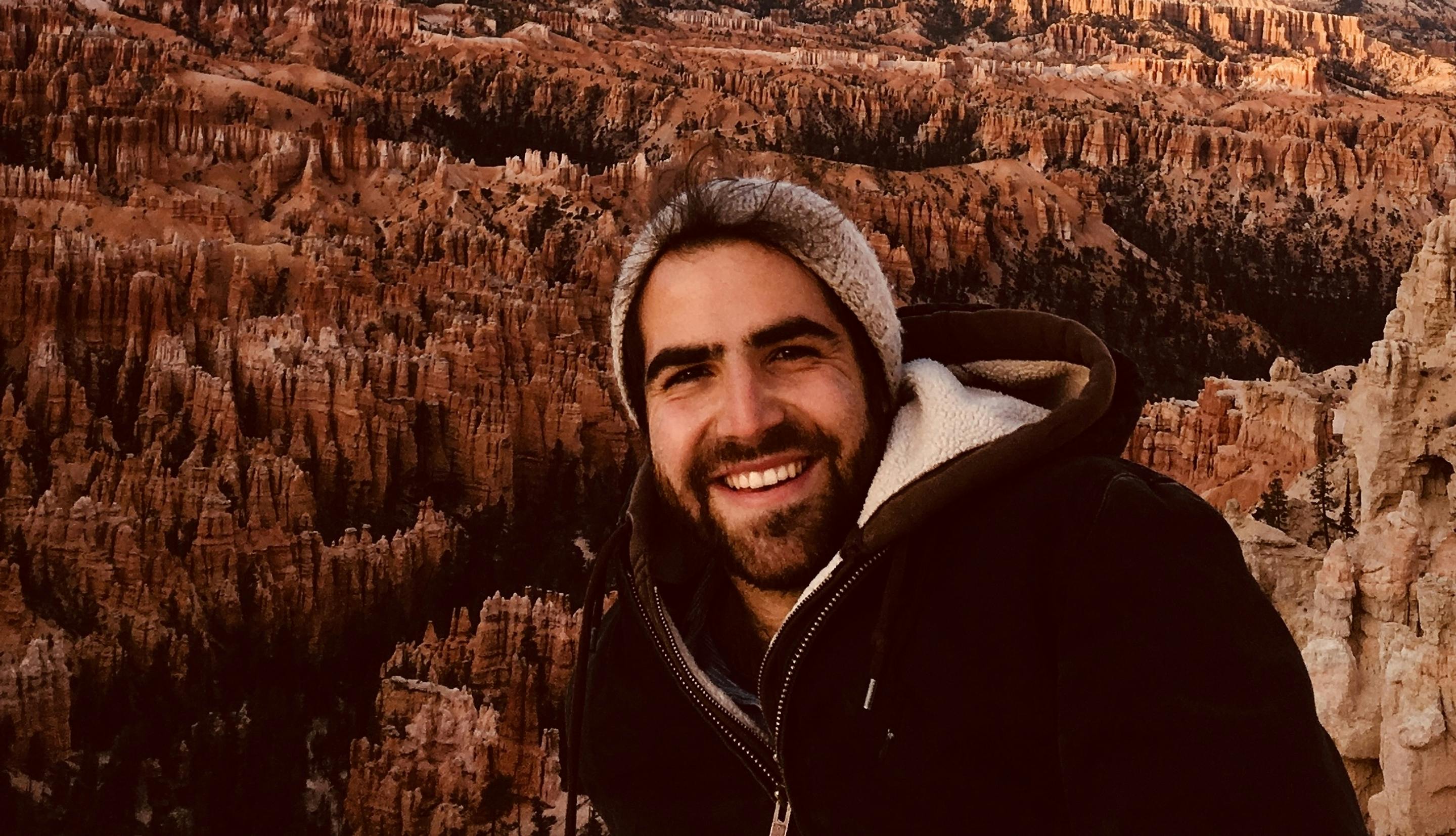Meet Alex Gilman: Humanities Guide in San Francisco invests in his students with empathy and trust
With backgrounds in philosophy, phenomenology, liberal arts, and life coaching, Alex Gilman hasn’t had much experience working with teenagers. But the students at ATI: San Francisco would never know that. He treats them like an old friend.
“I really care about the students,” says Alex, who teaches Socratic Humanities and Life Design. “I care about their well-being, and I want them to do well.”
When he found ATI, it was a perfect fit for his diverse experience in both philosophy and personal growth.
“While in school, I found myself in a lot of rich, rigorous discussion and intellectual investigation, but there wasn’t a lot of understanding of emotional intelligence or pursuing the good life,” he says. “Then, on the other hand, the personal growth world is not very rigorous. ATI was the community that integrated the two for me and supported these different dimensions wonderfully.”
And he’s delighted to see how well the students engage.
“We are doing something so differently than the kids are used to,” Alex says. “In a lot of ways, it seems students weren’t taken seriously in their previous schools and almost expected us not to take them seriously, so we had to first give them the space to trust us before teaching them.”
Alex says that building trusting relationships between the teacher and the student is the core of his work.
“ATI relies on students being real and authentic. We’re inviting them to be their most honest self, not just whatever persona we think they need to be successful. But that means that we as the teachers need to authentic and vulnerable, too — not only to build that trust, but it’s more enjoyable to be real in the classroom. We all challenge one another, and I’ve seen tremendous transformation in both the students and the school. We really are building this sense of community.”
Relating to students, asking bigger questions
In teaching Life Design courses, which helps students to build self-awareness, Alex says he has to start by getting to know who his students are and what excites them.
“With teenagers, I have to meet them where they are at and really speak into their own life experiences before considering philosophical questions about life,” he says. “I also want to get to know the students on their own terms and support them individually as they work to become the best version of themselves. It doesn’t matter to me whether they complete the tasks I set forth for them, it matters to me whether they are actually benefitting from it.”
And all of this takes time.
“Working with students, I’m so much more involved than I was working with an adult one hour a week,” Alex says. “Even though I see these students every day, you’re still having to navigate moods and circumstances, and adolescence has the capacity to change overnight, so we’re really working slowly together. Every question we pose is a slow deepening. I have seen growth over the semester already, but it takes years to master these things, and I love watching how content and engaged the students continue to be.”
Along with being patient, Alex relates to his students.
“If I ask students in regard to relationships, ‘What’s challenging when it comes to communication?’ That’s too abstract for them. They don’t think about their friends as ‘relationships,’ they don’t think about interacting with people as ‘communication.’ But, if I ask them instead, ‘Do people annoy you?’ Everybody has something to say, and I can easily continue the conversation with, ‘Ok, what do you do when people annoy you? Do you talk to them about it, or do you gossip? What’s your contribution to those dynamics?’ Once I figure out how to speak to their experiences, then I can start to have a rich conversation, pushing those edges and stretching them into new learning.”
The conversations taking place in Life Design classes not only help students to better engage and understand the people in their life, they help to inform the conversations they have in the Socratic classes with Alex, too.
“There is a bridge between Life Design and Socratic Humanities — we are engaging with the students in a similar way,” Alex says. “But in Life Design, we are learning how to skillfully navigate our own inner experience with people, relationships and disappointments, while in Socratic Humanities, we’re learning how to skillfully navigate a text or an idea. Life Design is all about working with their experiences, whereas Socratic, we have real, established content to dive into, and students love to talk about their own ideas and opinions around this context. These conversations have huge influences on how we live day-to-day.”
Students are the expert, not the teachers
Alex is still in his first school year with the students at ATI in San Francisco, but he’s invested, he’s curious, and he’s taking the time to learn how to better connect with adolescents.
“This feels like a dream job,” Alex says. “I find it really fulfilling. I get to know all these students who have rich lives and different personalities, and teenagers have this certain spirit to them I really appreciate. I get to watch them grow and transform and be excited about something, and that feels really important to me.”
Alex says that, above all, he wants to cultivate within his students a strong sense of emotional literacy and self-reflection.
“The best expert in the world for these students is not me or their parents. It’s themselves. They need to learn how to support themselves based on their own strengths, challenges and passions in life, and they need to learn how to navigate all of that as their own unique person. I feel so excited to have an impact on that and help them to succeed and grow on their own terms.”
Experience school on your terms
Join a school community designed to support your education with coaching, small classes, and a commitment to our core values. Engage in deep study and personal exploration as a student at ATI.
Learn more about our:
Visit Higher Ground Education to learn more about our mission to make learner-centered education the mainstream.

